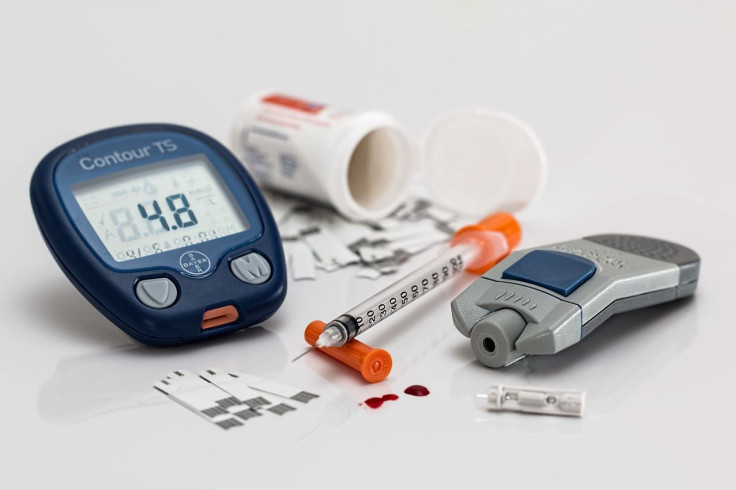MODY: Everything You Need To Know About The Rare Diabetes In Youth

MODY aka Maturity-onset diabetes of the Young is an inherited form of diabetes that typically arises in adolescence or early adulthood. It also accounts for about 1-4% of all cases of childhood diabetes. It is important to diagnose MODY since the way it is treated and managed differs from that of type 1 and type 2 diabetes.
Depending on the specific genetic subtype, MODY can be treated using sulfonylureas, specific diets or in some cases, no treatment. Another key point is that there is no need to administer insulin.
New research has found that among the newly diagnosed diabetic youth, a simple clinical approach to look for moderate hypoglycemia, finding out their parental diabetes history and checking for autoantibodies linked to type 1 diabetes can help determine whether they need to be screened for MODY.
Inaccurate diagnosis results in many young individuals getting treated unnecessarily with insulin. The new study reported that screening for at least three autoantibodies and A1c testing takes place in youngsters during diabetes diagnosis when they are inquired if either of their parents is diabetic.
If the tests reveal all antibodies to be negative and the patient has an A1c less than 7.5% alongside a parental background of diabetes, then they should be screened for MODY.
"We think this research leads to a simple clinical approach which will ensure the vast majority of MODY patients are rapidly and efficiently diagnosed and their insulin treatment replaced," Medscape Medical News quoted the study’s lead author Andrew T. Hattersley, MD.
He also emphasized that there are excellent outcomes achieved without insulin in individuals diagnosed with MODY.
The research team opines that both glycemia during the time of diagnosis and a family background of diabetes have a role in selecting which autoantibody-negative patients are needed to be screened. The major strength of the study, according to them, is that it is a large, consecutive series that recruited 87% of cases with newly diagnosed diabetes in the pediatric population letting them assess both clinical features as well as autoantibodies.
Hattersley said that MODY typically occurs between ages 10-30, but in older adults, there will be more cases of type 2 diabetes who are also antibody-negative, thereby, the screening will be less effective at detecting MODY cases in adulthood.
"Any young adult who is normal weight who is negative for three islet autoantibodies and has an A1c < 7.5% should be tested for MODY as it is still highly likely," he advised.
© Copyright IBTimes 2025. All rights reserved.






















